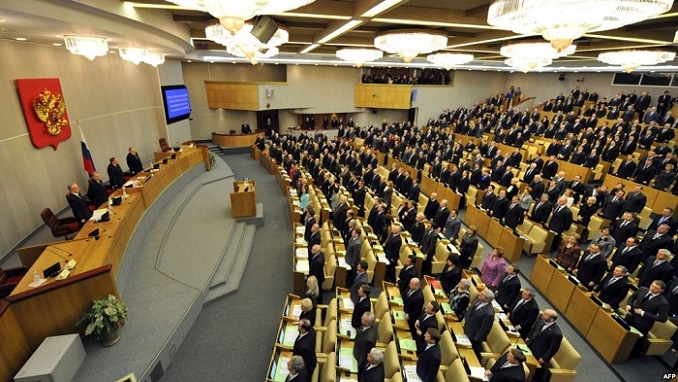The lower house of the Russian parliament, the State Duma, has a package of laws on the third stage of capital amnesty, which contain amendments to Russia’s Tax Code and the Code of Administrative Offences, the country’s legal information agency RAPSI reported.
Capital amnesty implies legalization of Russians’ foreign assets. The first stage of the amnesty took place from July 1, 2015 to June 30, 2016, when the tax authorities collected about 7,200 declarations of foreign property and assets of Russians.
As part of the third stage of the amnesty, individuals will be able to declare their assets and bank accounts from June 1, 2019 to February 29, 2020. They will retain all their guarantees in exchange for repatriation of funds and state registration of foreign companies they control in special zones in Russia’s Kaliningrad region and Primorsky Kray.
The amendments to the Tax Code imply that a capital amnesty participant will be freed from personal income tax, which is imposed on the profit of a foreign company under his or her control, provided that the taxpayer was not recognized as a tax resident of the Russian Federation for the tax period of the year 2018.
The adoption of the legislation is aimed at creating favorable conditions for the transfer of assets to the Russian jurisdiction, lawmakers said.
Earlier, Russian President Vladimir Putin proposed extending capital amnesty for at least a year, but only for those who transfer funds to the Russian Federation and register a business in the special administrative zones.












